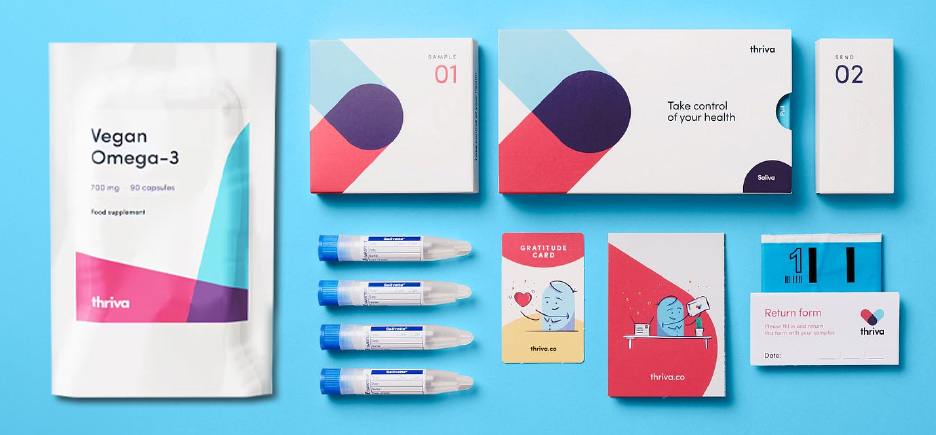So much of life is problem solving.
The process to solve a problem usually starts with finding out more about the issue (diagnostics), and then trying a solution (intervention) to alleviate it. Here a few examples:
| Problem | Diagnostic | Intervention |
|---|---|---|
| Depression | Questions from GP | CBT with therapist |
| Tiredness | Blood test from Randox | Vitamin D from Vitabiotics |
| Poor fitness | Personal trainer assessment | Daily 30 minute run |
It feels like there are more diagnostics - particularly in the health space - launched every day. One of these companies is Neko Health, a startup co-founded by Daniel Ek that checks your heart, skin and body in a beautiful, tech-enabled environment.

Neko Health's tech enabled testing environment
Currently only available in Sweden, Neko Health raised €60 million last year to transform health diagnostics. This level of fund raising might seem surprising for an in person diagnostic service: how do they plan to provide a 10x return?
Looking for answers, I came across a podcast where three doctors discussed Neko's longer term play. The conclusion reached was that the company surely plans to expand into interventions, because that's where the money is. Though they currently refer patients on if further investigation is required, these services will eventually be brought in house.
And as you look closely at a lot of new diagnostic based businesses, this seems to be a common pattern. Here are some examples where the same company provides both the diagnostic and the intervention:
| Problem | Diagnostic | Intervention |
|---|---|---|
| Depression | Questions from BetterHelp | Therapy from BetterHelp |
| Tiredness | Blood test from Thriva | Supplements from Thriva |
| Poor fitness | Fitness assessment from Fitbit | Workouts and plans from Fitbit |
Having the same company provide the diagnostics and the intervention is not always problematic, but it can often be. How can an honest diagnostic be provided when a company knows that the answer they give will affect how much money they get from that consumer?

The diagnostic and the solution, all in one convenient place
If you've got supplements to sell, it's likely that the answer to most questions will be "you need to take supplements".
This blurring of the line between diagnostic and intervention isn't ideal for the consumer. I'm still not sure how you can trust a company that has a vested interest in the answer they give you.